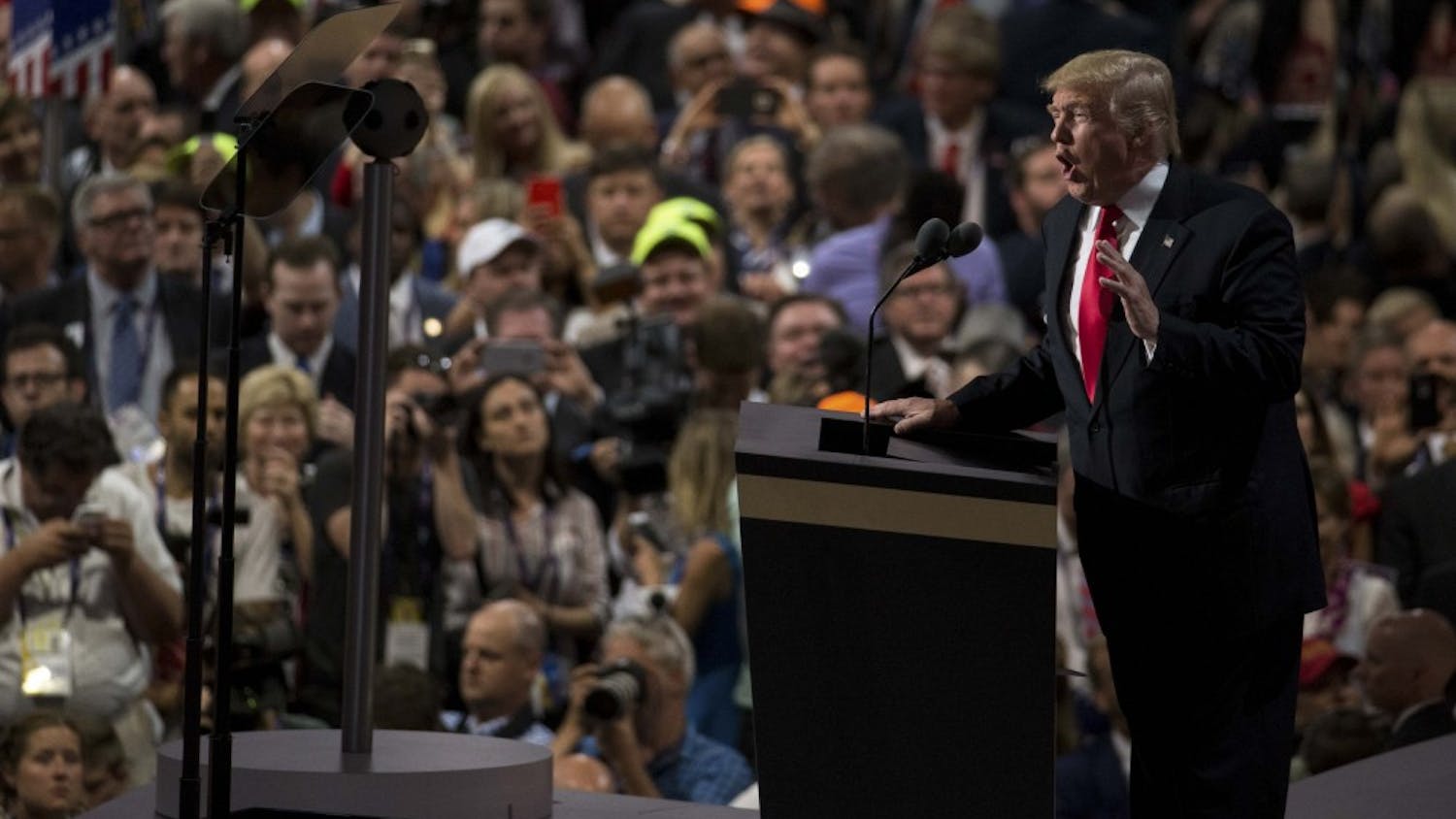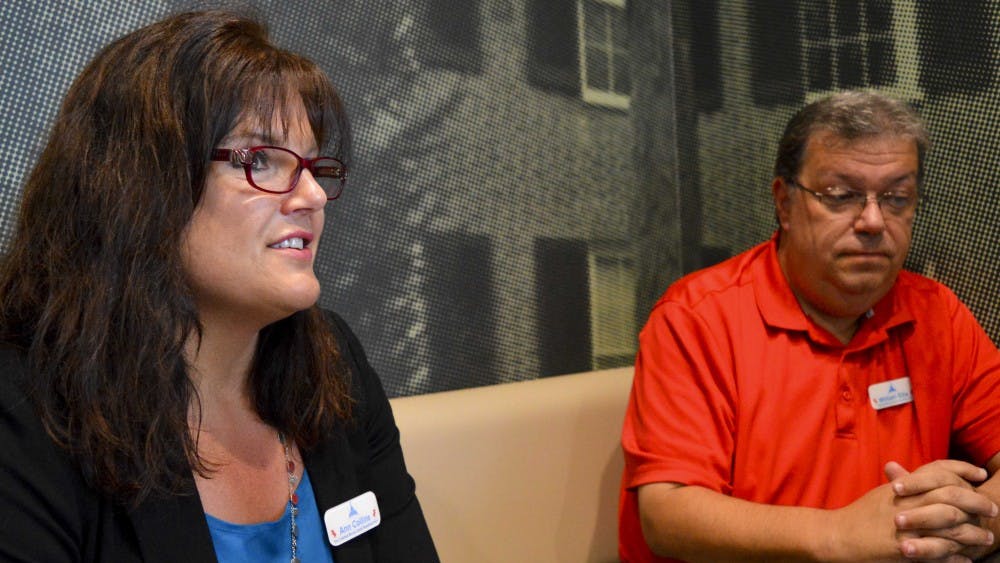WASHINGTON -- President Bush and his party savored sweeping midterm election victories Wednesday and began sketching an agenda for a new, Republican-controlled Congress. Minority House Democrats jockeyed for position in the event Rep. Richard Gephardt steps down as party leader.\n"I'm excited to be able to be on offense," said Republican Sen. Trent Lott of Mississippi, the once and future Senate majority leader. He said GOP priorities will include a new Department of Homeland Security as well as targeted tax cuts to help the economy. He added that Bush's judicial nominees could expect speedier review.\nBush made no public remarks during the day, and aides said he wanted to avoid giving the appearance of gloating. "There's a lot more to do and the president looks forward to working with Democrats and Republicans to do it," said his spokesman, Ari Fleischer.\nRepublicans were assured of 51 seats in the new Senate, a gain of two. Democrats had 48, including one independent. One race remained in doubt, in Louisiana, where Democratic Sen. Mary Landrieu will face Republican Suzanne Terrell in a December runoff.\nIn the House, Republicans had 227 seats -- a gain of four -- and led for one more. Democrats won 203, and led for three. There was one independent.\nThe elections marked a remarkable triumph for Republicans, who bucked history to gain seats in a midterm election in which they held the White House.\n"I think you have to give an awful lot of credit to the president of the United States," said Lott. "He put his prestige on the line and I think it made a huge difference in this election."\nOne Republican polling firm circulated the results of an election-night survey that made the same point, saying that late-deciding voters gave Bush higher approval ratings than the country at large -- and that support for the president was higher, still, among voters in the pivotal House districts where the battle for control was settled.\nDemocrats conceded the obvious. "This was one tough night," Senate Democratic Leader Tom Daschle said on the morning after, appearing on NBC's "Today" show.\nAnd some party activists grumbled about the party's leadership. "There wasn't any unified message," said David Worley, former chairman of the party in Georgia. "I think the national leadership did a miserable job of giving a theme to the election."\nEight years in the minority, now facing two more, House Democrats looked ahead uncertainly to leadership elections next week.\nWith Gephardt expected to decide on his plans within a day or two, a race to replace him was already shaping up between a California liberal, Rep. Nancy Pelosi, and a Texas moderate, Martin Frost of Texas.\n"The country moved to the right yesterday and House Democrats won't win a majority by moving further to the left," said Tom Eisenhauer, spokesman for Frost. Pelosi ranks second on the current leadership ladder, one rung above Frost.\nGephardt, a likely contender for the presidency in 2004, flew back to the capital from his Missouri congressional district to decide his next step. The 26-year congressional veteran is "going to spend a day with his wife and family and talk to friends and advisers and begin making a decision about his future," said his spokesman, Erik Smith. "If he chooses to run for minority leader we're confident he'll win."\nEven so, one Democratic lawmaker suggested publicly it was time for a change.\n"It's obvious that we need some fresh faces and in some cases fresh ideas," Rep. Harold Ford, of Tennessee said on Don Imus' syndicated radio show. Rank-and-file Democrats are asking "some pretty tough questions about his leadership," Ford said of Gephardt.\nA nationwide survey conducted by Public Opinion Strategies, a GOP firm, found a "late surge to Republicans," much as was the case in the GOP landslide year of 1994. Interviews showed that "the handling of Senator Wellstone's memorial service and the way the ballot situation was handled in New Jersey was clearly a factor in helping drive Republican intensity this election," the firm said.\nThat was a reference to a memorial service in Minnesota for the late Democratic Sen. Paul Wellstone several days before the election. Many Republicans complained the event veered into politics, and Democrats had privately expressed concern about possible fallout.\nNew Jersey represented a political victory for Democrats, who prevailed in a court case to replace Sen. Robert Torricelli on the ballot even though the deadline for a switch had passed.\nDemocratic chairman Terry McAuliffe looked for a bright side to the elections.\n"It was an extraordinary night for Democratic gubernatorial candidates. Fifty-five percent of Americans woke up today having a Democratic governor," he said.\nDemocrats made gains in the governors' races, although if the election trend held, they would fall short of their goal of winning a majority of the nation's statehouses.
Dems asking what went wrong
Get stories like this in your inbox
Subscribe





